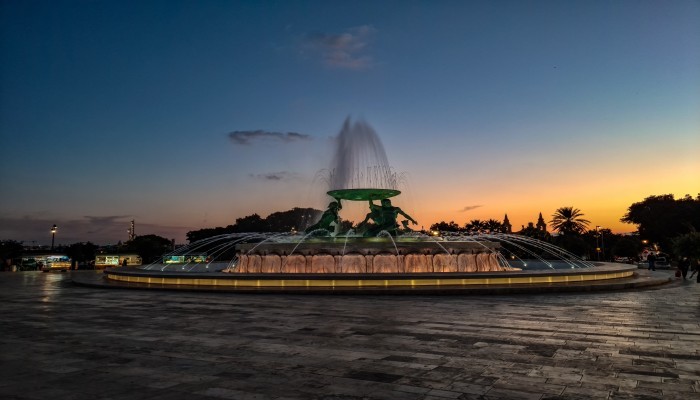
Malta Hotel Restaurant Association (MHRA) Urges Authorities to Uphold Valletta’s High-End Vision in Public Space Usage
Desk Report , Published: June 25, 2024, 2:06 am

The Malta Hotels and Restaurants Association (MHRA) calls on the relevant authorities to exercise greater discretion when granting permissions for events and commercial activities in public spaces. Although these activities may be legitimate, their venues can sometimes conflict with the area's overall image. Valletta, Malta's capital, is intended to be positioned as a high-end destination, a vision agreed upon by all stakeholders, including the government. Significant investments have been made in restoring world heritage buildings, organizing cultural activities, and converting abandoned properties into high-end boutique establishments that showcase Maltese authenticity.
Any public event or activity that contradicts this vision should be relocated to more suitable venues. Recent decisions in Valletta have deviated from these principles, such as allowing low-quality stands in front of the Malta Court of Justice selling subpar crafts, disorganized entertainment, and shops cluttering the streets. Additionally, there are no clear policies or regulations governing the use of tables and chairs in outdoor spaces throughout Valletta.
The MHRA is collaborating with the Malta Tourism Authority (MTA) to ensure Valletta offers a high-quality experience as a unique destination. However, MHRA emphasizes that all public entities must be aligned in this effort. It is disappointing that, as the peak tourism season begins, the entrance to Valletta has been overtaken by private commercial activities that do not align with the desired image of the city. This not only creates inconvenience by limiting access to Valletta to a few pathways but also undermines the vision authorities and the MHRA have for the city. The MHRA urges the relevant authorities to exercise greater care and responsibility before approving such initiatives, which could easily be conducted elsewhere.